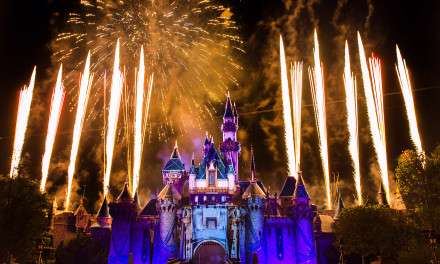Disney has always excelled at crafting immersive experiences for its guests, and now it’s taking things a step further with cutting-edge facial recognition technology. Recently, Disney has integrated this advanced tech into its theme parks, kicking off at Shanghai Disney Resort, with a more subtle approach at Disney World and Disneyland Resort. This initiative utilizes software like FaceReader to analyze visitor emotions in real-time, offering fascinating insights into guest experiences.
For years, theme parks have relied on surveys and interviews to gauge visitor satisfaction, but these methods can be riddled with biases. By reading facial expressions, Disney can now capture authentic emotional responses, paving the way for more accurate, data-driven decisions about park enhancements and customer service. Imagine this technology detecting joy as families gather for a parade or noting fear as riders plummet down Splash Mountain. These real-time insights help Disney understand which attractions hit the mark and which may need a bit of pixie dust.
The revelations from Shanghai Disney have been particularly eye-opening. Disney discovered that different demographics experience the parks uniquely. For instance, teen males showed diverse emotional responses, whereas adult females tended to have more consistent reactions. This kind of data enables Disney to fine-tune its attractions, staff interactions, and marketing strategies to better cater to varied visitor segments.
Of course, the introduction of such sophisticated technology hasn’t been without its obstacles. Some guests have mixed feelings about the facial recognition entry systems tested at Disneyland Resort and Disney World. While the tech promises quicker entry and reduced wait times, privacy concerns and occasional hiccups—like having to remove sunglasses for a clear scan—have been points of contention. Yet Disney is committed to refining this technology, ensuring it meets everyone’s expectations.
As Disney continues to explore the possibilities, the future looks promising. Expect more personalized experiences, like augmented reality attractions that adapt based on guests’ emotional states. While this tech has the potential to revolutionize theme park experiences, it also raises important ethical questions about data use and privacy, which Disney must navigate carefully.
What do you think about Disney using facial recognition technology to enhance guest experiences? Share your thoughts in the comments below and let’s get the conversation started!
Source: Inside the Magic





